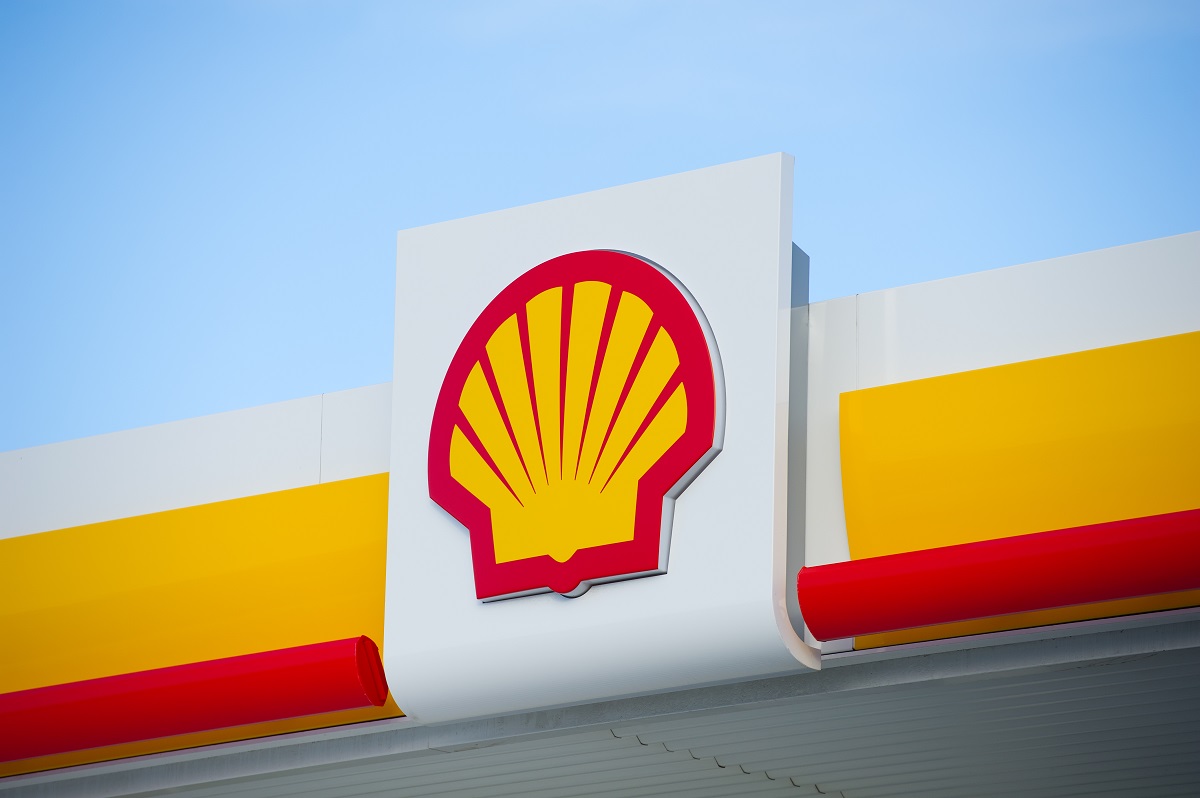Shell Midstream Offers Mars Sour Crude Storage as Offshore Producers Keep Pumping
NEW YORK (Reuters) — Shell Midstream Partners said on Thursday it is offering storage in its Mars Sour crude cavern on the U.S. Gulf Coast, as offshore producers are not cutting output like onshore shale drillers despite the oil price downturn caused by the coronavirus pandemic.
Crude oil storage has quickly filled since measures to stem the spread of the virus chopped about 30% off of global fuel demand, sending prices crashing into negative territory last month. As a result, traders have been willing to pay high premiums to store barrels.
Because offshore production is not as easy to bring offline as short-cycle oil output like shale, some of that crude is going into storage. Overall U.S. Gulf Coast storage is 60% full, according to U.S. Energy Department figures.
Officials with the Houston-based affiliate of Royal Dutch Shell PLC did not specify how much storage will be available.
“Wherever we have a barrel of storage, we’re pulling that because storage is a hot commodity right now,” Kevin Nichols, Shell Midstream’s chief executive officer, said on the company’s first-quarter earnings call.
Pipeline volumes fell modestly in the first quarter.
First-quarter volumes were 537,000 barrels per day (bpd) on the Mars pipeline system, only slightly less than 539,000 bpd from the prior quarter, the company said. The system can handle 600,000 bpd.
The 163-mile (262-km) pipeline originates roughly 130 miles offshore, transporting production from the Mississippi Canyon-area to salt dome caverns in Clovelly, Louisiana.
Shell’s Zydeco pipeline, which delivers crude to St. James and Clovelly, Louisiana, from terminals in Houston and Nederland, Texas, logged volumes of 669,000 bpd in the current quarter compared with 698,000 bpd.
Shell is moving ahead with a Mars system expansion, which it expects to come online by mid-year 2021.
Officials declined to provide specific rates for the newly-added storage.
Prices of medium sour crude grades, such as Mars Sour, have held up better than light sweet grades, company officials said. That is because there is less supply for sour and heavier crudes than light sweet grades. Refiners need heavier, sour grades for blending for diesel or other products.
Offshore drilling is also benefiting from access to export terminals and U.S. Gulf refiners, Shell said.
“The Gulf of Mexico has held up, comparatively speaking, to onshore shale,” Nichols said.
The company’s first-quarter revenue fell to $121 million from $126 million for the prior three months.
Its shares were down 7.6% in afternoon trading.
Related News
Related News

- Enbridge Plans 86-Mile Pipeline Expansion, Bringing 850 Workers to Northern B.C.
- Intensity, Rainbow Energy to Build 344-Mile Gas Pipeline Across North Dakota
- U.S. Moves to Block Enterprise Products’ Exports to China Over Security Risk
- 208-Mile Mississippi-to-Alabama Gas Pipeline Moves Into FERC Review
- Court Ruling Allows MVP’s $500 Million Southgate Pipeline Extension to Proceed
- U.S. Pipeline Expansion to Add 99 Bcf/d, Mostly for LNG Export, Report Finds
- A Systematic Approach To Ensuring Pipeline Integrity
- 275-Mile Texas-to-Oklahoma Gas Pipeline Enters Open Season
- LNG Canada Start-Up Fails to Lift Gas Prices Amid Supply Glut
- Kinder Morgan Gas Volumes Climb as Power, LNG Demand Boost Pipeline Business





Comments